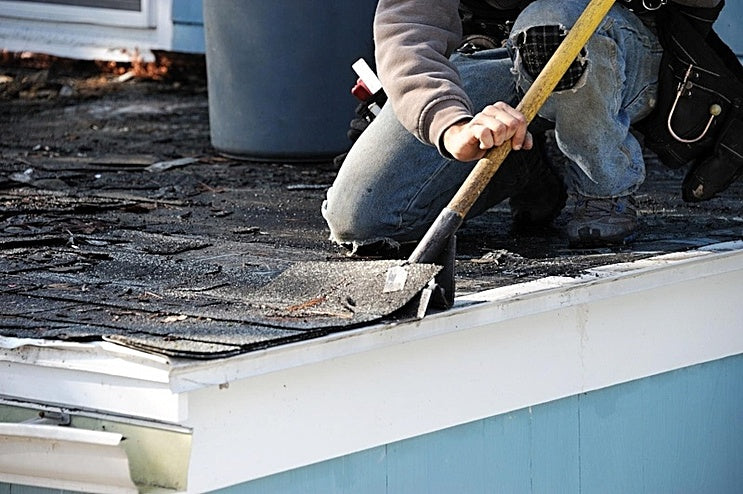In recent years, innovations in snow shovel technology have led to a wide range of new and unique shovel types. These innovations are a blessing, but they can also make finding your ideal snow shovel more difficult.
Here are 3 tips for choosing the best snow shovel for you:
1. Test your shovel before purchasing
You might feel a little awkward shoveling snow inside of a snowless building while strangers are watching, but that’s really the only way to test out a snow shovel. Put self-consciousness aside, take a firm grip on each candidate, and make the exact same motions you would if you were at home shoveling your driveway.
Ask yourself:
- Does the shovel feels too light or too heavy in my hands?
- Is the shovel easy to maneuver?
- Is the handle too long or too short?
- Is the shovel comfortable to grasp?
- Will I be able to easily push and/or lift snow with this shovel?
If you have doubts about the shovel and/or if it’s causing your back to strain while you mimic snow shoveling in the store, don’t buy that one. Certainly, it won’t be easier to use when its blade is filled with snow.
2. Select the right blade
There are two main considerations in choosing a snow-shovel blade: its shape and the material from which it is made.
- Flat shovels do well at cutting into deep piles of snow, such as drifts or mounds pushed up by snow plows
- Round, scoop-like shovel blades are better for pushing snow to make a path, and at scooping up snow to toss it to a new location
Ideally, you’ll want one of each — a flat-blade shovel and a round-blade shovel — so you can handle all obstacles with ease.
Should you use a metal or plastic blade?
- Metal blades are stronger, able to carry bigger loads, and are less likely to break. But they can also be heavy — too heavy for some people — and using them might risk scraping and damaging your pavement
- Plastic blades are light, easy to maneuver, and better at preventing snow from sticking to their surface. But plastic is also more brittle than metal and can break if it encounters screws or rocks. Plastic blades also move less snow per motion, so using them means it will take longer to clear off your driveway and walkways
Some people prefer metal, some plastic, and some find use for both. There are also shovels with a plastic blade coupled with a metal "wear strip" that gives it extra strength. Are these hybrid shovels the best of both worlds? That’s up to you to decide.
3. Choose the ideal handle
Snow shovel handles are made from a variety of materials:
- Wooden handles are relatively light but have adequate strength. They often last for years, but occasionally you’ll need to tighten the screws since wood expands/contracts with changes in the weather. Applying linseed oil also can help keep your wood handle water-resistant and extend its lifespan. A poor-quality wooden handle may cause splinters, so check for that as well
- Metal handles can be light and rust-proof if made of metals like aluminum, but some metals are heavy and will rust if the handle isn’t kept dry between uses
- Plastic is light and easily maneuvered, but you need to keep the shovel indoors when not in use since sun and water can make plastic brittle or warp its shape
- Finally, fiberglass is very durable and strong. It doesn’t rust and is very unlikely to break. However, fiberglass is relatively heavy to lift
As to handle design, the main options are:
- Ergonomically bent handles, which minimize the need to bend down and thus reduce back pain. However. these shovels are more difficult to lift if you are lifting heavy loads
- Double handles, which allow you to hold two handles at once to maximize leverage
- Fold-over handles, which are perfect for storing in your vehicle in case you get stuck in a snow drift and need to shovel yourself out
- Wheel-connected handles, which allow you to clear off snow with minimal effort and in one-third the usual time
With these tips, you should be able to find the perfect shovel (or shovels) for your needs.


